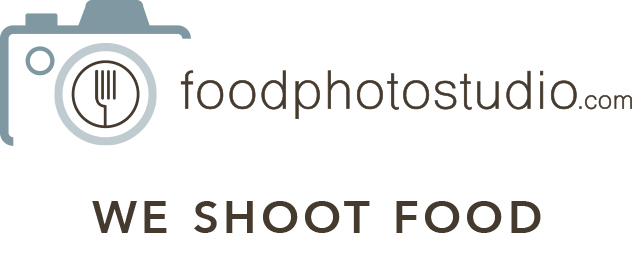It's common sense to not post pictures on social media that may convey an irresponsible lifestyle to current or future employers. But there's a subtler dynamic at play we should consider before we upload that beautiful sunset or skyline image. What if the pictures we post that show us in a positive light are damaging in their own right?
A group of German researchers has published a study called "Envy on Facebook: A Hidden Threat to Users' Life Satisfaction?" It found that one out of three people experienced feelings of jealousy and depression after viewing other people's Facebook pictures. The greatest culprit that bummed out the most people? Vacation shots. For single people in their 30s, happy family pictures made them sad. For women, attractive pics of their female peers made them feel inadequate and invidious.
Posting pictures online is a form of status display. Each says, "Look at how fit and fortunate I am." We never downgrade our status and post pictures of our miserable selves with captions like "Here's me eating a can of tuna fish because I'm broke," or "Here's me alone on my birthday." The worlds of Facebook and other social networks are humble and not-so-humble brag fests of beautifully composed and filtered moments of perfection, a curated hyper reality that true reality has trouble keeping up with.
Our photographic status updates are almost always a way to raise our standing in the eyes of our friends and co-workers, which always means raising our status relative to theirs or even above theirs. It's a form of sharing that excludes. After all, you can only admire the beautiful meal at the three star-restaurant. You can never have a taste. And on some level, the poster is communicating exactly that message to you and inviting your "I hate you so much!" comments.
I believe that all of this is part of a larger and more troubling crisis in our culture—a crisis of happiness. The problem with our hypercompetitive culture is that human happiness risks being reduced to just one aspect of well-being: achievement. When we eat that delicious meal, we need to win at eating that delicious meal and post our achievement online. When we go to Machu Picchu, instead of embracing that trip as a life-enhancing experience, we spend much our time seeing ancient ruins through a camera on our smartphones. Our relationships and parties and concerts are badges to be displayed to our less fortunate peers. Even our charity work and involvement in causes are now ways to publicly display our moral achievements.
When pictures become nothing but badge value and the public exhibition of our personal brand it's not a coincidence that envy and negativity from others will follow. In the end, perhaps the greatest lesson for us, as viewers of other people's photos, is to allow ourselves to truly share in the happiness of the people who count us among their friends, at least nominally. Why not delight in the vacations, family birthdays, personal beauty and culinary adventures of our peers? Why not let our employees share their lives with us, not as possible HR infractions or envy engines, but as evidence that our people are open about their lives, generous in sharing their lives through the creativity of photography and, just maybe, simply happy to be alive?
